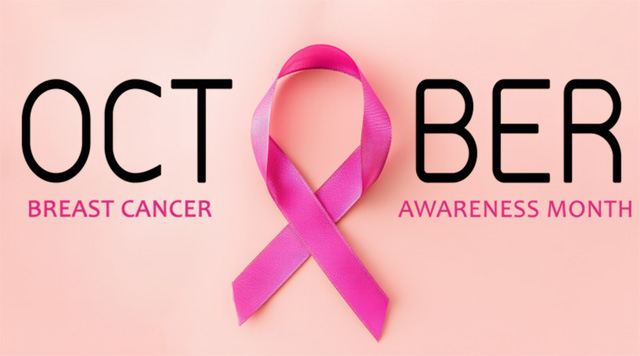Compassionate steps that go beyond the pink ribbon
October’s sea of pink ribbons reminds us that breast cancer awareness isn’t just about early detection — it’s about connection, education, and support. For caregivers of older women, this month offers a unique opportunity to engage in meaningful conversations and reinforce trust, dignity, and autonomy.
Start With Listening, Not Lecturing
Older women may have decades of experience with mammograms, diagnoses, or even cancer itself. Instead of assuming what they need, ask open-ended questions:
- “How do you feel about breast cancer screenings these days?”
- “Would you like help reviewing your options?”
- “Is there anything about your health you’ve been meaning to discuss?”
Listening builds trust, and trust opens doors to better care.
Offer Clear, Age-Appropriate Information
Medical guidelines can be confusing, especially when they change with age. Help translate the jargon:
- “Some experts say mammograms after 75 depend on overall health.”
- “If you’re feeling well and would want treatment, screening might still help.”
- “If you’d rather avoid procedures, that’s valid too.”

Frame information around her values—not just statistics. And, with enough information, she may not come to the same conclusion as you do. At this point, you need to remember to respect her autonomy, even if you disagree.
It’s tempting to push for what you think is “right.” But honoring her choices — whether she wants to continue screening or stop — is important. Support doesn’t mean steering. It means standing beside her, even when the path surprises you.
Help Navigate Logistics
From transportation to appointment reminders, small gestures make a big difference:
- Offer to schedule or accompany her to appointments
- Help organize paperwork or insurance details
- Create a simple health calendar with key dates
These practical supports reduce stress and reinforce dignity.
Caregiving isn’t just about tasks; it’s about presence. This October, let’s use breast cancer awareness as a springboard for deeper connection, clearer communication, and compassionate care. Because when older women feel seen, heard, and supported, everyone wins.

